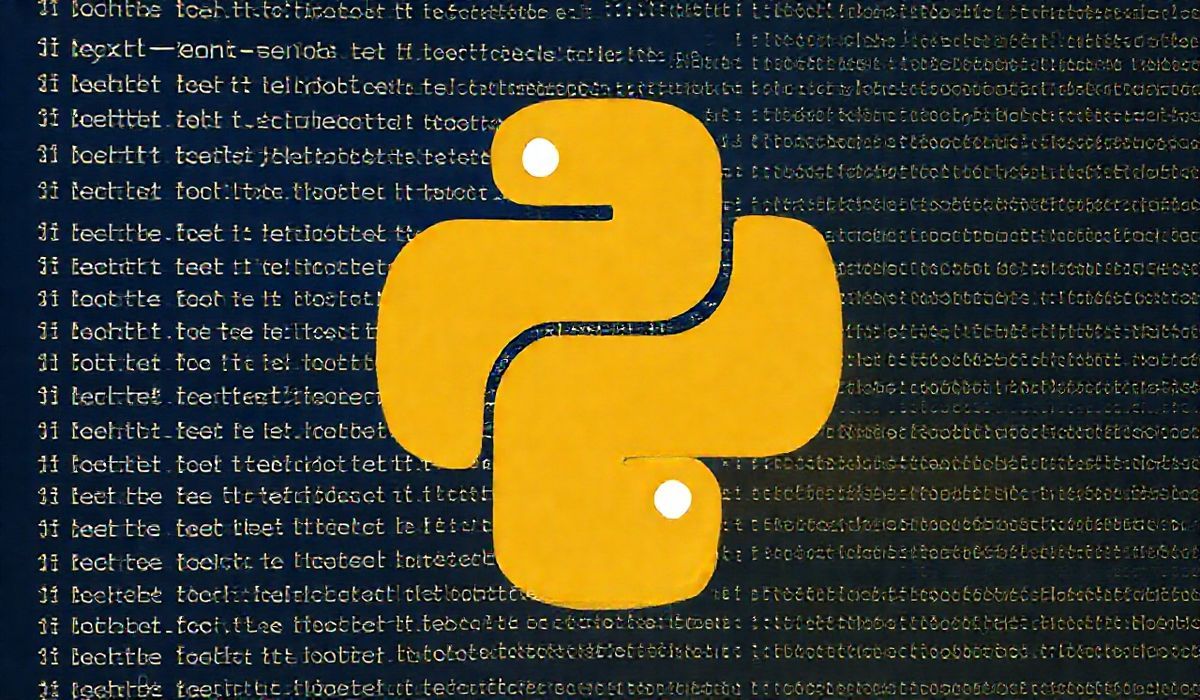Mastering typing-extensions: A Comprehensive Guide
The typing-extensions module is a crucial tool for Python developers looking to utilize the latest type hinting features without being tied to the Python version in use. Introduced to provide forward compatibility, typing-extensions offers several utilities and enhancements that are either newer than those in typing or not yet available in all Python versions.
Why Use typing-extensions?
While the standard typing module provides many essential tools for type annotations, it evolves alongside Python itself. This means older Python versions do not support newer features. typing-extensions acts as a bridge, giving developers access to type hinting improvements—even on older Python interpreters.
Popular APIs in typing-extensions with Examples
1. TypedDict
TypedDict allows you to create dictionaries with predefined keys and value types.
from typing_extensions import TypedDict
class User(TypedDict):
name: str
age: int
is_admin: bool
user: User = {
"name": "Alice",
"age": 25,
"is_admin": False,
}
2. Protocol
Protocol enables structural subtyping (duck typing). It specifies the methods or properties a class must have to be considered conformant.
from typing_extensions import Protocol
class SupportsAddition(Protocol):
def __add__(self, other: int) -> int:
...
def add_numbers(a: SupportsAddition, b: int) -> int:
return a + b
print(add_numbers(5, 10)) # Works with int
3. Literal
Literal allows you to specify a fixed set of string or value options for type annotations.
from typing_extensions import Literal
def get_status(status: Literal["success", "error", "pending"]) -> str:
return f"The status is {status}"
print(get_status("success"))
4. Final
Final is used to indicate that a name or a variable should not be reassigned or overridden.
from typing_extensions import Final
API_KEY: Final[str] = "your-api-key"
# Raises an error if you try to reassign API_KEY
5. @runtime_checkable
The @runtime_checkable decorator makes a Protocol instance available for runtime type checks using isinstance.
from typing_extensions import Protocol, runtime_checkable
@runtime_checkable
class Runnable(Protocol):
def run(self) -> None:
...
class Task:
def run(self) -> None:
print("Running task")
print(isinstance(Task(), Runnable)) # True
6. Concatenate
Concatenate allows you to model positional arguments in higher-order function type annotations.
from typing_extensions import Callable, Concatenate, ParamSpec
P = ParamSpec("P")
def log_args(f: Callable[Concatenate[str, P], None]) -> Callable[P, None]:
def wrapper(*args, **kwargs):
print("Arguments passed:", args, kwargs)
return f("LOGGED", *args, **kwargs)
return wrapper
@log_args
def greet(prefix: str, name: str):
print(f"{prefix} {name}")
greet("Hello", "Alice")
Application Example: A Task Management App
Let’s build a small task management app example leveraging typing-extensions.
from typing_extensions import Protocol, Literal, TypedDict
# TypedDict for Task
class Task(TypedDict):
title: str
status: Literal["pending", "in_progress", "completed"]
# Protocol for runnable task classes
class Runnable(Protocol):
def run(self) -> None:
...
# A task implementation
class SimpleTask:
def __init__(self, task: Task):
self.task = task
def run(self):
self.task["status"] = "in_progress"
print(f"Task '{self.task['title']}' is now {self.task['status']}.")
# Main application logic
task1: Task = {"title": "Write blog post", "status": "pending"}
print("Initial Task:", task1)
runnable_task = SimpleTask(task1)
runnable_task.run()
print("Final Task:", task1)
Summary
typing-extensions is an indispensable module for Python developers who need to use advanced type hinting features while maintaining compatibility with older Python versions. By integrating its APIs like TypedDict, Literal, and Concatenate, you can write more robust and maintainable Python applications.
Use these examples as a starting point and explore further. Happy coding!




